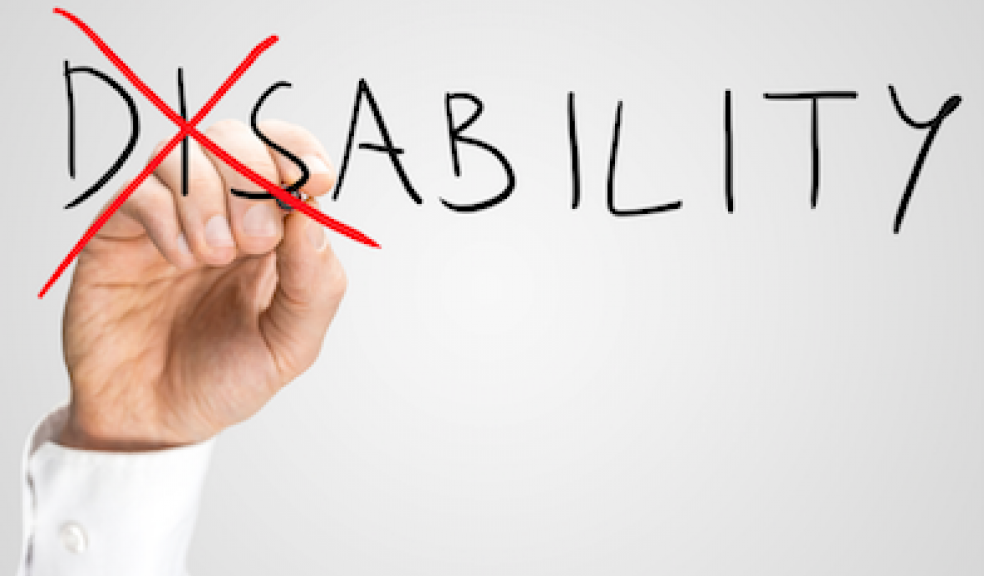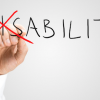
Calls for change in attitude to disabled
The Foundation for People with Learning Disabilities are calling for a change to the language used about people with learning disabilities and the way they are represented in the media, in order to tackle the increase in bullying, harassment and hate crime.
Social media and the internet are places where high levels of bullying and hate crime are experienced by people with learning disabilities, as well as when they are at home, at work or out in their communities.
As well as campaigning for more positive representation in society and the media, the Foundation, working with a dedicated reference group of people with learning disabilities, has produced two guides to provide tips and advice to help people with learning disabilities stay safe.
‘Staying Safe on Social Media’ and ‘Staying Safe Out and About’ have been produced to help people with learning disabilities enjoy life whilst reducing the risk of being a victim of hate crime.
The Foundation has also developed a guide for broadcasters giving 5 important tips to help them improve how they represent people with learning disabilities in the media. The tips are accompanied by a short film where people themselves talk about how they feel they are represented and the simple changes they want to see made.
Channel 4 news presenter Jon Snow agrees that representation in the British media is far from what it should be:
“We have come a long way as broadcasters in understanding and reporting disability. But the often unseen issues surrounding people with learning disabilities are still far from well reported by the media. This guide provides our much needed starting orders”.
Jenny Edwards CBE, Chief Executive of the Mental Health Foundation welcomed the commitment of Jon Snow and Sian Lloyd and said
“People with learning disabilities have the right to positive representation in the media.(3) We are asking those who work in the media to consider how they portray people with learning disabilities in their programmes and to make positive changes to improve this in the future.”
Jill Davies from the Foundation for People with Learning Disabilities went on to say,
“If people with learning disabilities are only seen in small, tokenistic roles or are depicted as vulnerable and disadvantaged in the media, then the public will take on these ideas thereby encouraging bullying and hate crime. People do not get to see the real experience of having a learning disability or the positive ways that people with learning disabilities contribute to our society”.
The charity, are also asking the public to sign a petition calling on Ofcom to change the way people with learning disabilities are represented in the media. Words like ‘spastic, retard and mong’ are not acceptable in modern day language and should not be used.
To support the campaign and sign the petition, watch the video hearing what people with learning disabilities themselves feel, or to read our tips for broadcasters visit www.learningdisabilities.org.uk

















